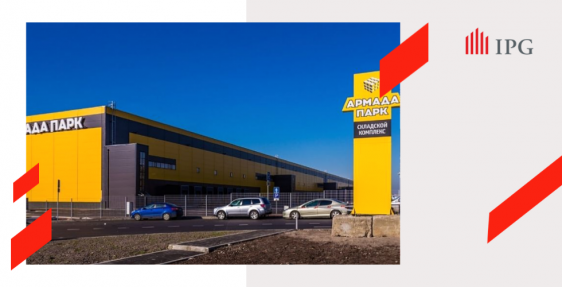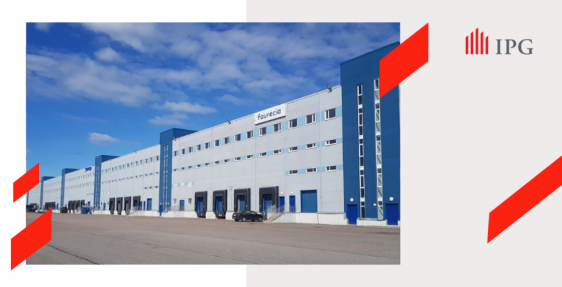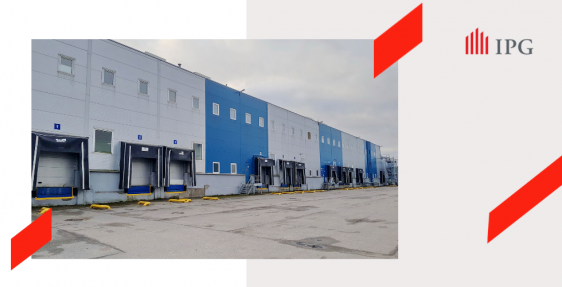Investment cycle of a real estate property

The acquisition of commercial real estate as an investment asset is a common global practice even in unstable times of crisis. Valery Trushin, Head of the IPG.Estate Research and Consulting Department told what the investment cycle of a commercial property is, what are the goals of the participants in this market, as well as which segment of real estate "stands out" from the general picture.
Development
The established world practice divides the entire commercial real estate market into two categories of players: the developer and the investor. A developer is an organization that creates real estate objects. Under its leadership, the construction of the project is carried out, usually, with the involvement of a contractor. Also, for the implementation of the project, the developer turns to bank debt financing. So, about 70% of all investments are borrowed funds.
The development cycle itself is divided into several stages:
- Purchase of a land plot;
- Investing in choosing the most effective use case;
- Ensuring the development of the project;
- Implementation of construction and installation works.
Attracting renters and investors
The described process takes about three years, but it is only part of the investment cycle of a real estate object. The next important step involves bringing the constructed object to payback. In order for the project to have a stable money flow from the lease, the developer fills the project with tenants. As a rule, it takes from 3 to 5 years to attract residents. So, in total, the investment cycle lasts up to 8 years.
After this period, according to European practice, the developer seeks to sell the project to a potential investor. This allows you to close the loan obligation and launch a new project with the earned assets.
The investor's side, as a rule, is either professional investment companies or large private funds that need to ensure their profitability and payments to their own investors. As practice shows, one of the most reliable investment objects for saving private money is real estate.
Knowing this, Western developers are interested in implementing their projects, but Russian developers adhere to a different strategy. As a rule, a developer operating in the Russian market prefers to own an object independently. Due to this approach to doing business, the volume of investment transactions is relatively low.
Hotels: an exception to the rules
Hotel real estate exists outside the context of the investment market, and the purchase of a hotel as an investment asset is a rare case. By investing in any other type of commercial real estate, the investor receives an asset filled with tenants. At the same time, he does not need to dive deeply into management functions, because they are carried out by a management company in the segment of retail, office or, for example, warehouse real estate.
The hospitality industry is an operational business that requires absolute involvement and knowledge of the industry. In addition to this barrier, the hotel chains themselves prefer to hold their assets. The scale of the project affects both the image component and the ability to save on expenses. These factors take the format out of the brackets of the investment cycle.





